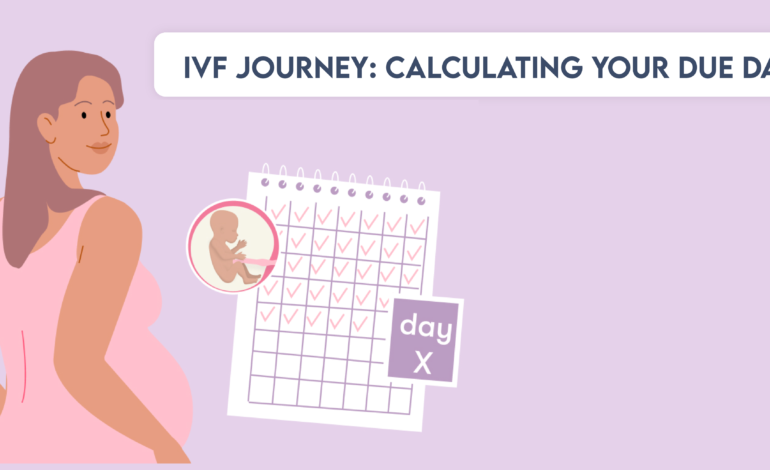Introduction
When it comes to reproductive health and contraception, it’s essential to be well-informed. Plan B, often referred to as the “morning-after pill,” is a form of emergency contraception that can be used to prevent pregnancy after unprotected sex or contraceptive failure. Understanding how Planning After Plan B works and its potential impact on your menstrual cycle is crucial for making informed decisions about your reproductive health.
What is Plan B?
Plan B is a type of emergency contraception that contains levonorgestrel, a synthetic hormone found in many birth control pills. Its primary purpose is to prevent pregnancy after unprotected intercourse or contraceptive failure, such as a condom breaking or missing birth control pills. Plan B works by delaying ovulation, preventing fertilization of an egg, or inhibiting implantation of a fertilized egg into the uterus. It is not intended for use as a regular form of birth control and should only be used in emergency situations.
Read Also IVF Journey: Calculating Your Due Date with Confidence
How Does Plan B Affect Your Menstrual Cycle?
After taking Plan B, it’s common for women to experience changes in their menstrual cycle. These changes can include alterations in the timing of your period, changes in menstrual flow, and potential long-term effects on your cycle’s regularity and fertility.
Immediate effects of Plan B may include a delay in the onset of your period or changes in the duration and intensity of menstrual bleeding. These changes typically resolve within a few weeks, but it’s essential to monitor your cycle for any persistent irregularities.
Long-term effects of Plan B on your menstrual cycle may include alterations in the regularity of your periods and potential impacts on fertility. While most women resume their regular menstrual cycle after taking Plan B, some may experience irregularities or disruptions in their cycle. Additionally, repeated use of emergency contraception can affect the natural hormonal balance of your body, potentially leading to long-term changes in fertility.
Factors such as the timing of pill intake and the frequency of usage can influence the extent of Plan B’s impact on your menstrual cycle. It’s essential to follow the recommended dosage and instructions for use provided by your healthcare provider to minimize potential side effects and ensure the effectiveness of the medication.
Understanding the Plan B Calculator
The Plan B calculator is a useful tool that can help you determine the effectiveness of emergency contraception based on various factors, such as the timing of unprotected intercourse and the type of emergency contraceptive used. By entering specific information about your situation into the calculator, you can get an estimate of the likelihood of pregnancy and the effectiveness of Plan B in preventing it.
Using the Plan B calculator accurately is essential for obtaining reliable results. Be sure to provide accurate information about the timing of intercourse and the type of emergency contraception used to ensure the accuracy of the calculator’s predictions. While the calculator can provide valuable insights into the effectiveness of Plan B, it’s essential to remember that individual factors may affect its efficacy, and consulting with a healthcare professional is always recommended for personalized advice.
Tips for Planning After Plan B
If you’ve taken Plan B and are concerned about its impact on your menstrual cycle, there are several steps you can take to monitor and manage your reproductive health effectively:
- Monitoring your menstrual cycle: Keep track of the timing and duration of your periods to identify any changes or irregularities that may occur after taking Plan B.
- Tracking changes in flow and timing: Pay attention to any changes in the intensity or duration of your menstrual bleeding, as well as any delays or abnormalities in the timing of your period.
- Consulting a healthcare professional: If you have any concerns or questions about the impact of Plan B on your menstrual cycle, don’t hesitate to speak with a healthcare provider. They can offer personalized advice and guidance based on your circumstances.
- Considering alternative contraceptive methods: While emergency contraception like Plan B can be effective in preventing pregnancy after unprotected intercourse, it’s essential to explore and utilize reliable long-term contraceptive methods to prevent future unplanned pregnancies.
Additional Considerations
In addition to monitoring your menstrual cycle and consulting with a healthcare professional, there are other factors to consider when Planning After Plan B:
- Lifestyle factors: Certain lifestyle factors, such as stress, diet chart, and exercise, can also impact your menstrual cycle. Paying attention to these factors and making healthy lifestyle choices can help support overall reproductive health.
- Effectiveness of Plan B: It’s important to understand the effectiveness of Plan B and its limitations. While Plan B is highly effective when taken as directed, it is not 100% guaranteed to prevent pregnancy. If you have concerns about the effectiveness of Plan B or if you suspect you may be pregnant after taking it, consult with a healthcare professional for further evaluation.
- Access to emergency contraception: Access to emergency contraception may vary depending on your location and healthcare provider. It’s essential to know where you can obtain emergency contraception and how to access it quickly in case of an emergency.
Conclusion
Understanding the impact of Plan B on your menstrual cycle is essential for making informed decisions about your reproductive health. By being aware of the potential effects of emergency contraception and taking proactive steps to monitor and manage your menstrual cycle, you can ensure that you’re prioritizing your reproductive health and well-being. Remember to consult with a healthcare professional for personalized advice and guidance tailored to your individual needs and circumstances.


